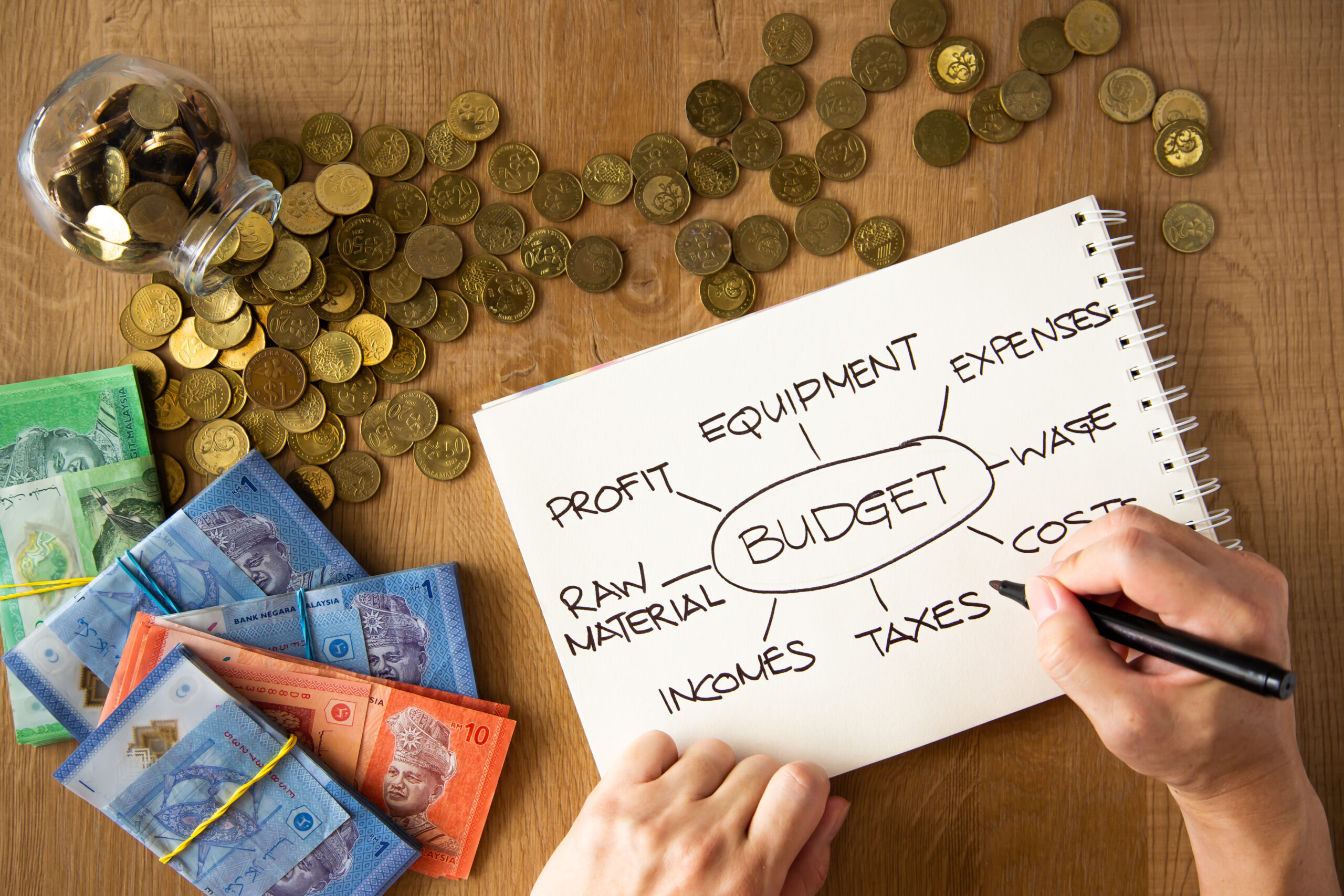
Living debt-free is a goal many aspire to, but without a solid financial plan, it can be challenging to achieve. One of the most powerful tools for managing money and avoiding debt is budgeting. A well-structured budget helps you track income, control spending, and plan for future expenses, ensuring you stay financially stable. Yet, many people struggle with budgeting or fail to see its true value. In this guide, we’ll explore why budgeting is crucial for staying debt-free, the challenges people face, and practical strategies to make budgeting work for you.
Why Budgeting is Important for Staying Debt-Free
- Gives You Control Over Your Money
Without a budget, it’s easy to lose track of where your money goes. Budgeting provides a clear picture of your income and expenses, allowing you to allocate funds wisely and avoid overspending. - Prevents Accumulation of Debt
Many people fall into debt because they spend more than they earn. A budget ensures that your expenses stay within your means, reducing reliance on credit cards or loans. - Helps Build an Emergency Fund
Unexpected expenses like medical bills or car repairs can quickly lead to debt if you’re unprepared. Budgeting helps you set aside money for emergencies, so you don’t have to borrow when life throws surprises your way. - Encourages Smart Financial Decisions
When you have a budget, you can prioritize essential expenses and cut back on unnecessary spending. This allows you to allocate more money toward savings, investments, and financial goals.
Common Challenges People Face with Budgeting
- Lack of Awareness: Many people don’t know where their money goes each month, making it difficult to budget effectively.
- Irregular Income: If your income fluctuates, sticking to a fixed budget can be challenging.
- Impulse Spending: Emotional spending or impulse purchases can derail a budget.
- Failure to Adjust: A budget isn’t a one-time setup; it needs regular adjustments based on changes in income, expenses, and financial goals.
How to Create a Budget That Keeps You Debt-Free
- Track Your Income and Expenses
Start by listing all sources of income and tracking your expenses for at least a month. Categorize spending into essentials (rent, utilities, groceries) and non-essentials (eating out, entertainment). Use apps like Mint or YNAB to simplify the process. - Set Clear Financial Goals
Define short-term and long-term financial goals, such as paying off a credit card, building an emergency fund, or saving for a home. Align your budget with these goals to stay motivated. - Use the 50/30/20 Rule
A simple budgeting strategy is the 50/30/20 rule:- 50% of income goes to needs (rent, food, bills)
- 30% to wants (entertainment, dining out)
- 20% to savings and debt repayment Adjust these percentages based on your financial situation.
- Reduce Unnecessary Expenses
Identify areas where you can cut back. Cancel unused subscriptions, cook at home instead of eating out, and switch to more affordable alternatives where possible. - Automate Savings and Bill Payments
Set up automatic transfers to your savings account and schedule bill payments to avoid missed due dates and late fees. - Adjust Your Budget Regularly
Review your budget monthly to ensure it aligns with your financial situation. Adjust for changes in income, expenses, or financial goals.
Additional Tips for Staying Debt-Free
- Avoid Lifestyle Inflation: As your income increases, resist the urge to increase spending unnecessarily. Stick to your budget and direct extra income toward savings or investments.
- Use Cash or Debit Instead of Credit: Paying with cash or a debit card can help control spending and prevent debt accumulation.
- Seek Professional Advice: If you struggle with budgeting, consider speaking with a financial advisor or using budgeting tools to stay on track.
Conclusion
Budgeting is not just about restricting spending, it’s about financial freedom and making informed decisions that help you stay debt-free. By tracking expenses, setting goals, and adjusting your budget as needed, you can build a stable financial future and avoid unnecessary debt. Remember, a well-planned budget is your best defense against financial stress. Start today, and take control of your financial destiny!
Looking for expert guidance on managing debt and improving your financial health? Nulldebt is here to help. Contact us today for personalized debt consultation and financial solutions!
Hi, this is a comment.
To get started with moderating, editing, and deleting comments, please visit the Comments screen in the dashboard.
Commenter avatars come from Gravatar.